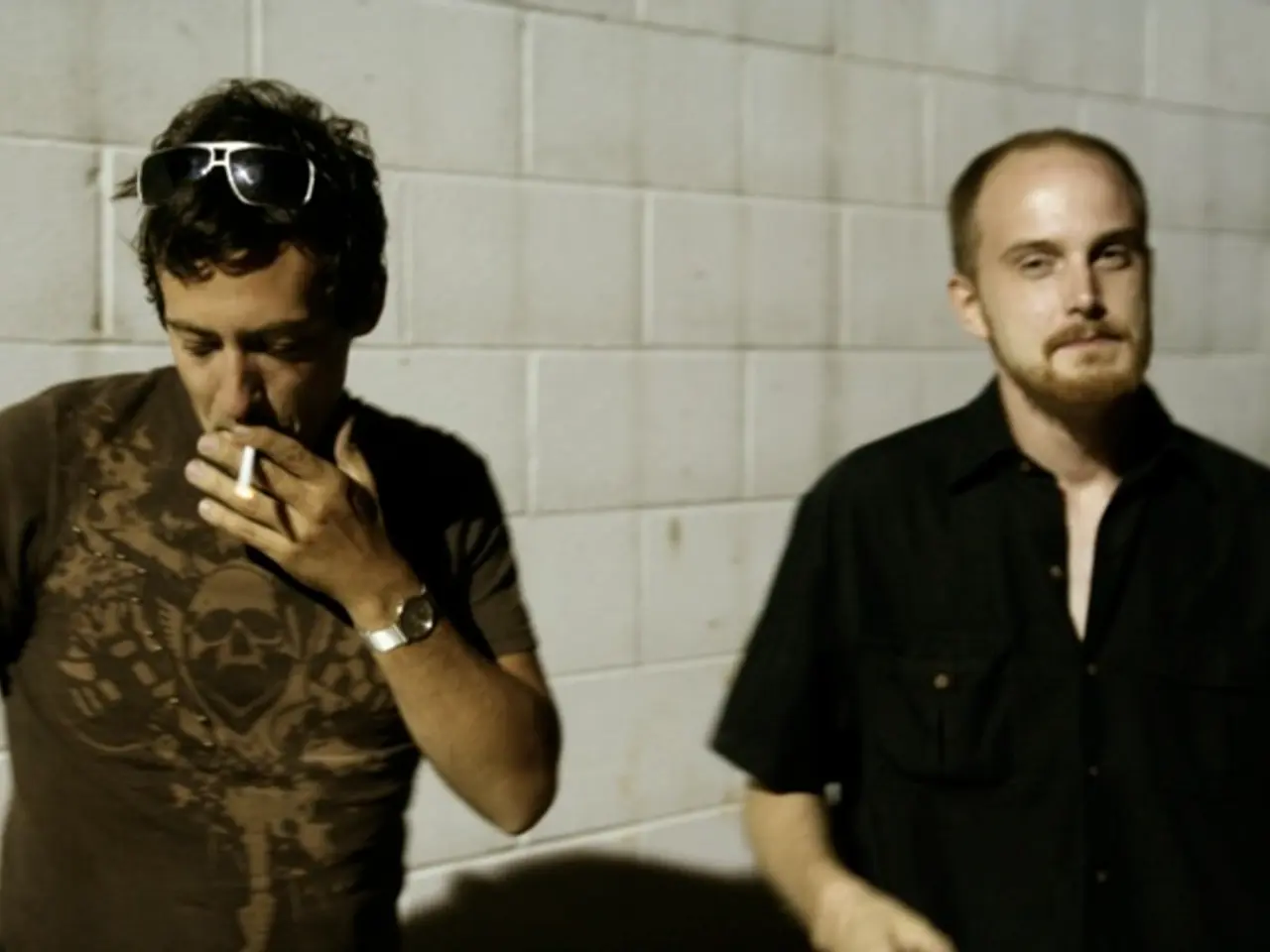Illegitimate Marketplaces Experiencing Growth Spurt
In a move aimed at boosting revenue, the minimum tax per kilogram for rolling tobacco is set to increase from 60 to 215 euros, as proposed by the EU Commission. This decision, however, has sparked controversy, with concerns over potential increases in illegal tobacco trade and negative impacts on the industry.
The German Customs and Finance Union (BDZ) has warned that this proposed increase could make Germany a prime target for tobacco smugglers, with the country being viewed as a "goldmine." BDZ federal chairman, Thomas Liebel, has expressed his dismay, stating that the state is essentially securing a lucrative income source for criminal networks by not taking proactive measures to combat illegal trade.
Industry figures, including Bodo Mehrlein of the Federal Association of the Cigar Industry, have voiced their concerns, likening the EU Commission's plans to strong headwinds for their industry. They argue that the tax hike could stimulate the black market, leading many smokers to seek cheaper alternatives and buy illegal goods.
The current tobacco laws are considered too complex, offering too many loopholes for criminals. Simplification of regulations, as suggested by the BDZ, could make it harder for illegal activities to thrive.
The proposed tax hike could potentially lead to a significant price increase for branded cigarettes in Germany. If implemented, the price of a pack could rise from around 8.50 euros to over 12 euros. This increase is already causing ripples in other European countries, with the average price of a pack of 20 cigarettes in France having risen from 8.60 euros to 12.50 euros, and in the Netherlands from seven to 13 euros since 2019.
Customs authorities in Germany, equipped with state-of-the-art technology and sufficient personnel, could combat illegal tobacco trade more effectively, according to the BDZ. Such a modern setup would enable them to control, inspect, and process goods quickly and reliably, reducing illegal imports and enhancing enforcement efficiency. This, in turn, would facilitate comprehensive customs clearance and consulting, supporting tightened monitoring and prevention of illegal tobacco trading.
Liebel advocates for this modern setup, believing it is crucial for dismantling criminal networks in the long term. For cigar manufacturers in Germany, the proposed tax increase could increase their tax by more than tenfold, making it a significant challenge they must navigate.
A study by the Dutch customs reveals that only 55 percent of the cigarettes smoked in the Netherlands are now taxed there, with 10 percent being counterfeit. This underscores the need for effective measures to combat illegal tobacco trade and ensure fair taxation.
As the proposed tax hike moves forward, the debate continues, with industry figures and the BDZ calling for a balanced approach that considers both revenue generation and the potential for increased illegal trade.




